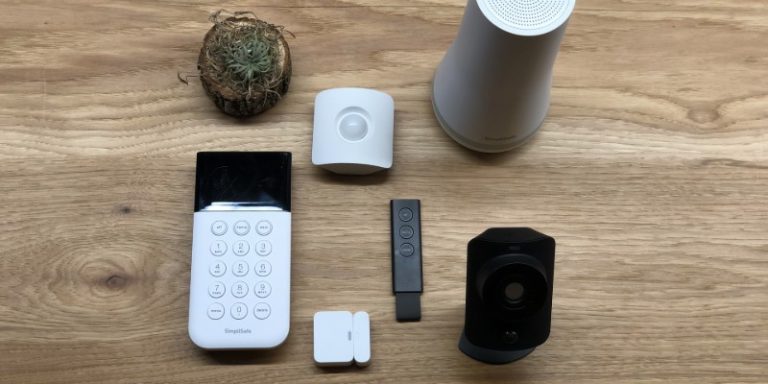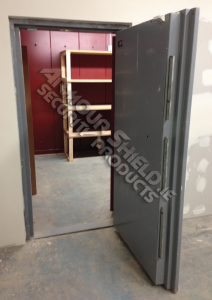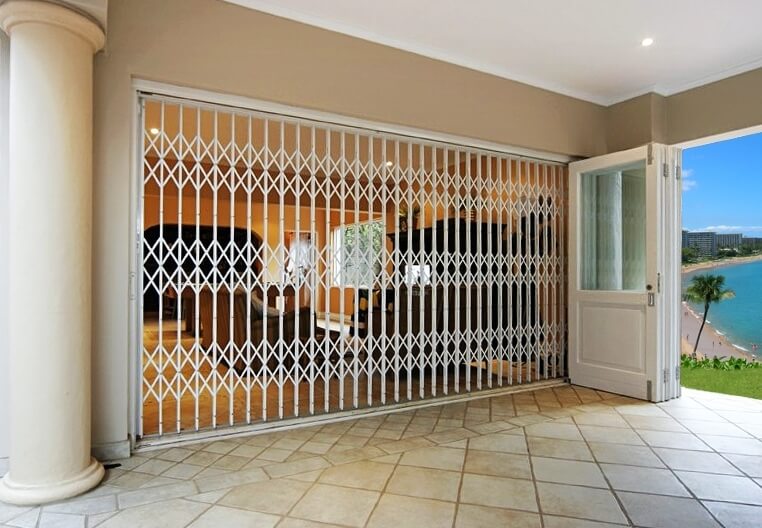
There are many options available when it comes down to affordable home protection. There are professional, DIY and self-monitoring options. You can even opt for short-term monitoring. All of these options might be useful depending on your requirements. You should choose the one that is most affordable for your security needs.
DIY Home Security
DIY home security systems are easy to set up. They are typically composed of a keyboard with a separate hub, and an alarm siren. These systems are easy to install without the use of tools. For installation of a system with cameras, however, you will need both a dualband Wi-Fi network as well as sufficient bandwidth to support streaming video.
DIY home security systems are a good option for homeowners who want to customize the system. They may want to move the location of one camera or upgrade to a more sophisticated model later. You can easily modify DIY systems to fit your needs, as they don’t require any complicated hardwiring.

Professional monitoring
Professional monitoring is a good option if you're concerned about burglary. If an alarm is set off, professional monitoring can monitor your home and contact the appropriate authorities. You can also use on-demand monitoring services from certain companies while you are away. These services are usually inexpensive and offer more coverage.
Although professional monitoring doesn't prevent crime and make people less likely to be arrested it does offer valuable peace of thought. This is especially important in case of fire emergencies. Even a small flame can quickly grow into a huge fire, which could put you and your family at risk. Professional monitoring makes sure that someone else is present when you can't.
Self-monitoring
Home security systems that monitor their own health and are self-monitoring can be installed quickly. Most of them can easily be set up by the homeowner. It's easy to set up and there is no monthly charge. The best part is that you won't have to pay a professional monitoring service. Instead, you'll get alerts if anything is amiss. You can also contact the police and emergency services.
When choosing a home security system, make sure it's affordable. Also, make sure it comes with a return policy and warranty. While most self-monitoring services cost less than a few dollars a month, some systems do require a subscription fee to access the camera footage or smartphone access.

Monitors for the short term
If you are looking for an affordable home security system, there are several options you can consider. Another option is to set up and monitor the system yourself. This option can cut costs significantly by allowing you to monitor the system for as little as a few dollars per month. However, this option has a few disadvantages. One disadvantage is that you don't have the ability to monitor the system at all time. You may be unaware of problems when you're away from your home. This can leave you vulnerable to intruders who might break into your home when you are not around.
Another option is to sign up for a short-term monitor plan. This option is great if your first home and you don't wish to commit to a long-term contract. The monthly fee can range from $30 to forty-five dollars per month, depending on the company.
FAQ
Which home surveillance camera system is best?
Consider purchasing a home security camera system to protect your family. These systems are very easy to use, and provide many benefits for homeowners and renters. You can also remotely monitor your property from your smartphone, tablet, computer or any other mobile device.
Can ADT be hacked
ADT security systems are one of today's oldest home alarm systems. ADT Home Security System is considered by many to be the best option. They simply trust its reputation of being a reliable company dedicated to protecting homes from burglars and fires.
However, hackers can infiltrate even the most trusted organizations and steal sensitive data. Hackers can infiltrate a network at any time and steal sensitive data. If a hacker manages to infiltrate your network, they can access everything on the computer and modify the important settings. Hackers can change passwords and delete files. It is important to realize that hackers may not be able to see your files or access your home. Make sure you have the right information to help protect your system.
Do I really need a home alarm system?
Home security systems are essential if you have a home. A burglar could break into your houseat any time without warning. They can take all your valuables, even jewelry and expensive electronics. You can leave your doors unlocked and they'll take everything.
A home security system can protect your home by sending alerts to you when anything happens. You can view the recorded footage and receive alerts from your mobile device when motion is detected.
You don't have to invest in a sophisticated home security system if you prefer not to. A simple DIY camera will do the trick. These cameras allow you to see who is at your front door and notify you when they are entering or leaving. But they won't help you stop intruders from breaking into your home.
What is the difference of surveillance and security camera?
Surveillance cameras serve monitoring purposes, security cameras are used as protection.
Each camera has its advantages and disadvantages. The main difference between them is the type of images they capture. Surveillance cameras record video with slow motion so that you can view what's happening right now. On the other hand, security cameras only record video and still pictures, which is saved to review later.
Statistics
- Cove sets you free without punishing penalties and fees, unlike other security solutions that charge 75% to 100% of your remaining contract. (safewise.com)
- Most home security companies will charge you around 75% of the remaining term of your contract if you cancel early—and some require 100%.Related questionsWhat type of contract length can I expect from security providers?Home security system cancellation (safewise.com)
- Unlike other online safety services that charge up to 100 percent of your monthly fee, Cove charges no upfront fees and has no hidden costs.
- Related questionsHome security systems that are 100% DIY (safewise.com)
External Links
How To
How to Install a Home Security System
A home security alarm is a device that monitors the property and alerts you in case of any suspicious activity. It could be a motion detector, doorbell camera or smoke detector. A home security system is usually composed of one or several sensors (e.g. motion detectors), that send signals when there's movement or sound. The signals are then sent over to a control box where they are monitored and recorded. If something goes wrong, like someone breaking in to your house, the control panels sends an alert to your phone or tablet, your computer, or voice assistant. You'll know what's going on and can take action immediately.
You must first choose the right kind of sensors for you home in order to install a home alarm system. There are two main types of sensors: passive and active. Passive sensors don't require batteries; they just pick up sounds and vibrations from their surroundings. These sensors include sirens, buzzers, and doorbells. Active sensors use electricity for data transmission. Examples of such sensors include cameras and motion sensor.
There are many options for sensors. Each brand has their own pros and cons. For example, some sensors are weatherproof, while others aren't. Some include built-in speakers to allow you hear them even when they are outside. Some work only indoors. Some have simple features, while others provide advanced features like night vision.
After selecting the right sensors for your property and deciding on a manufacturer, you will want to make a selection. This will help you ensure your sensors work well together. Your local hardware store should have plenty of options to choose from.
Once you have selected a brand of sensor, you need to decide the number you wish to buy. Depending upon whether they live alone or in a group, most people begin with one or two sensors. If you have plans to purchase additional sensors in the future, it might be worth buying more than you currently need.
Next, decide where you want the sensors to go. Are they near windows or doors? Are they best kept hidden? Before you place them on your property, make sure that you have permission. Make sure that they won't cause interference with any other electrical outlets.
After you've determined the location of your sensors, you will need a way that they can be connected to your control panels. You may need a power adapter, or battery pack depending on the setup. Once everything is set up, it's time to start monitoring your property.